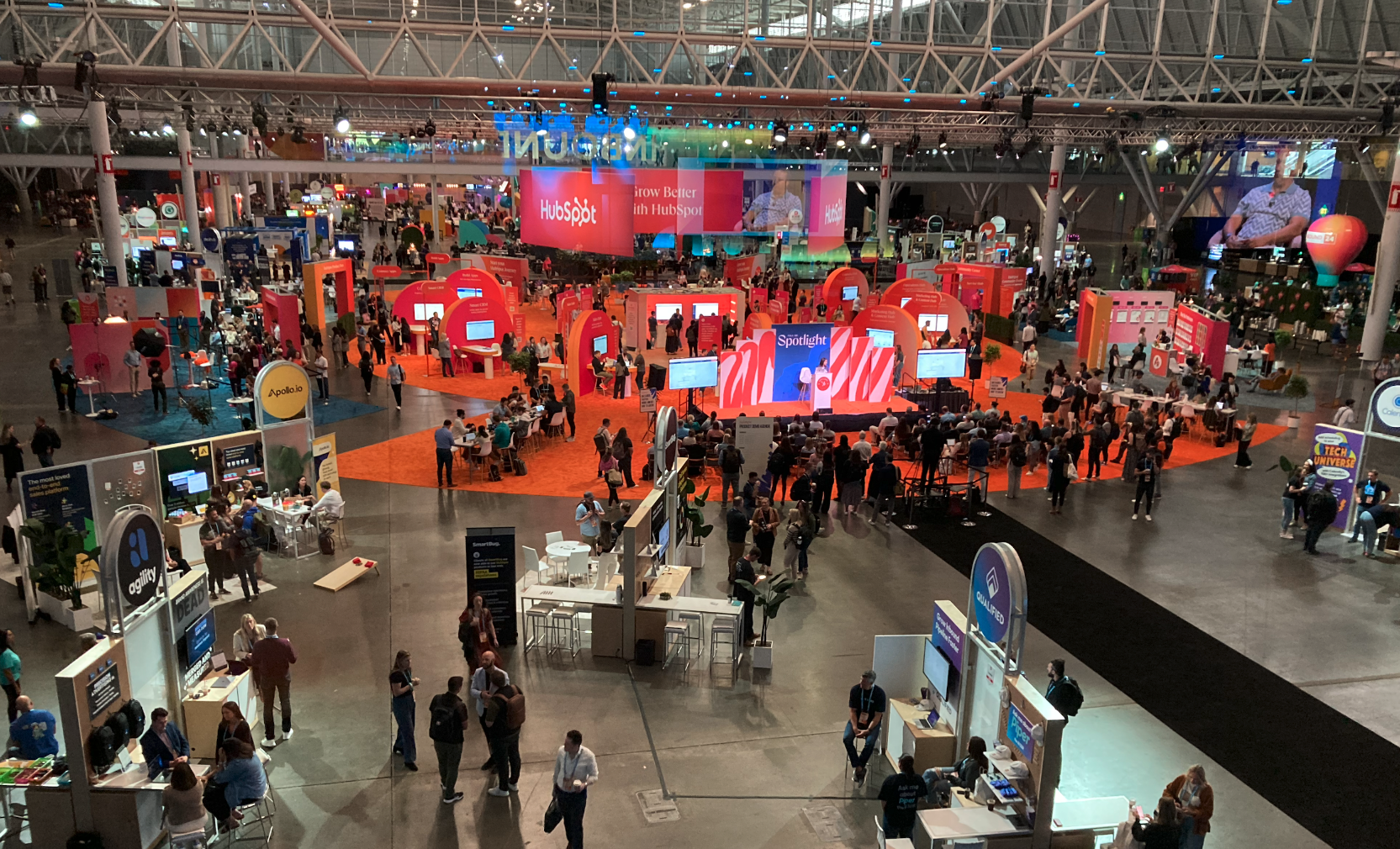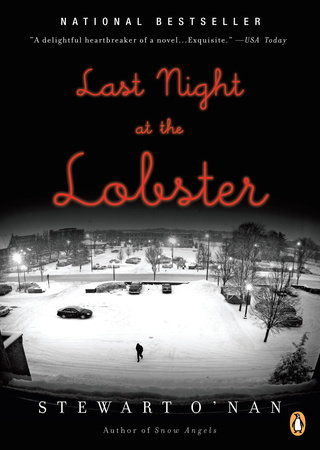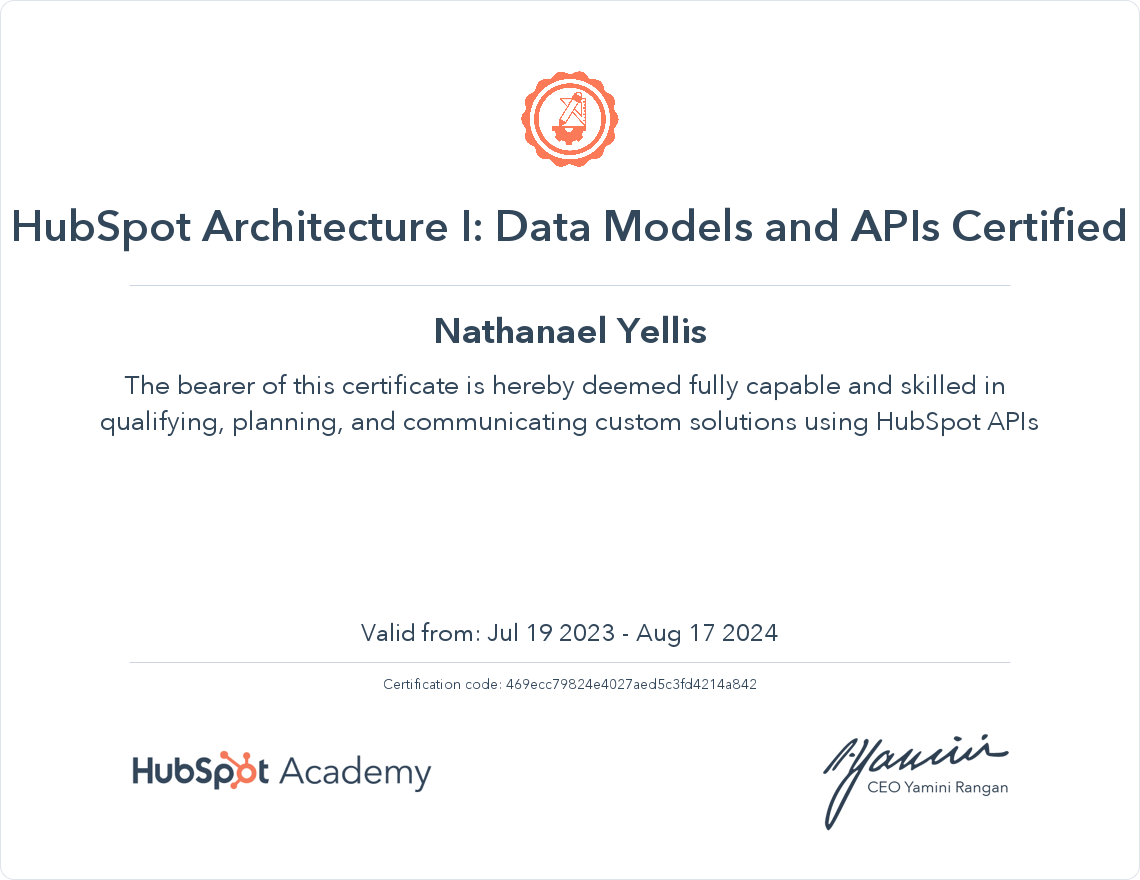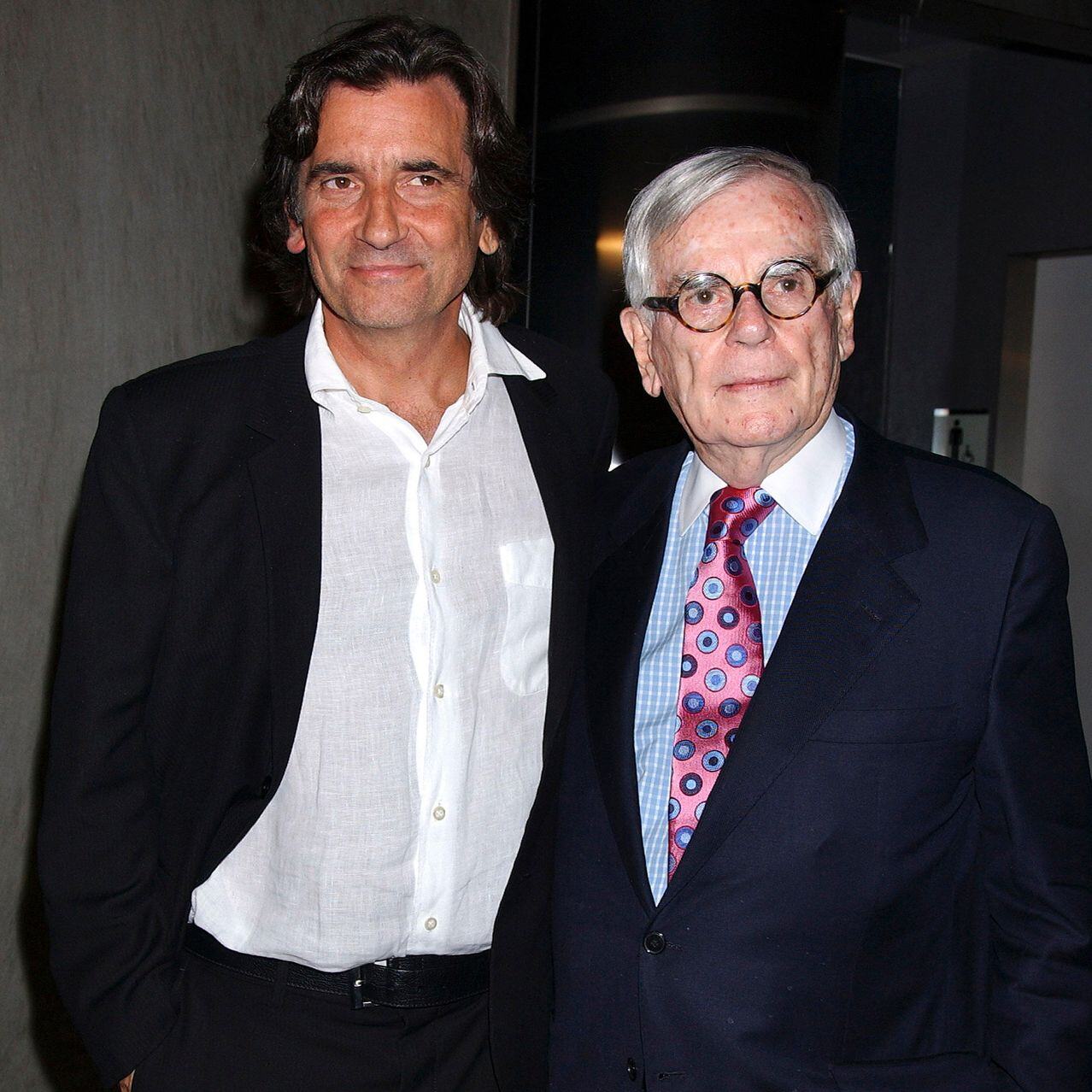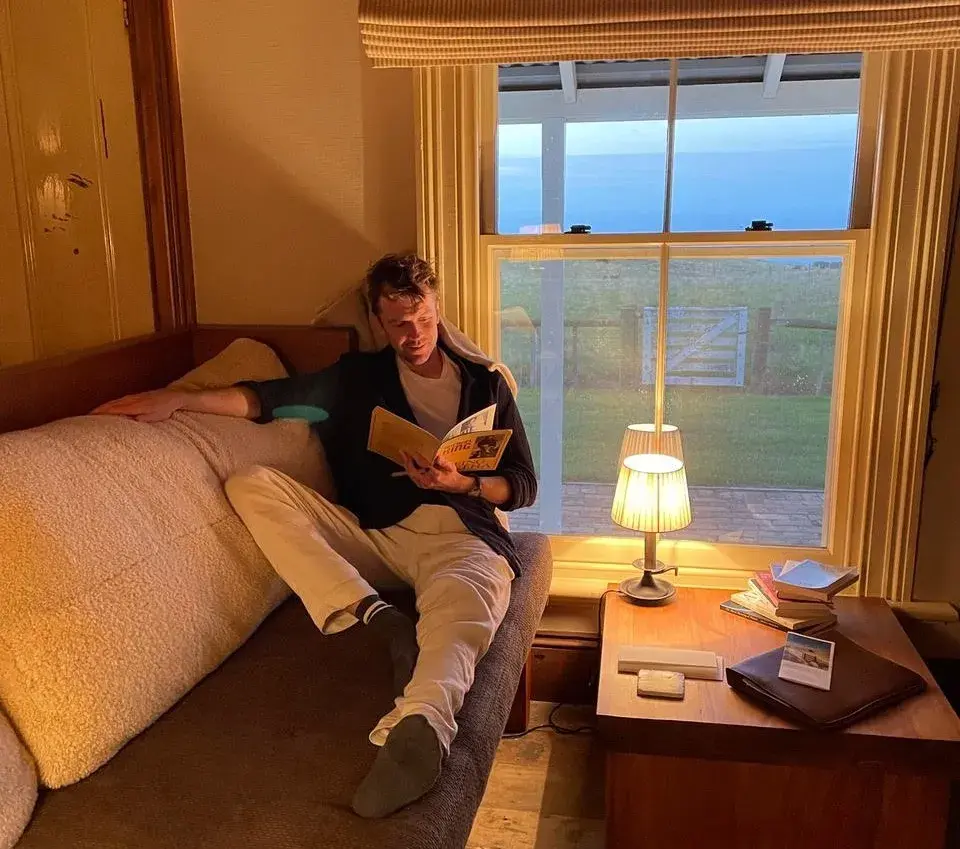It's artificial - #397
This week has found me at Boston's Convention Center for another INBOUND conference, my eighth since joining HubSpot. For me, the event is a compressed few weeks of my normal job: meeting HubSpot's larger and more complex customers and helping them understand how to accomplish their goals with our software. For almost all the rest of the fifteen thousand attendees, the event is a hype train.
